
Advertisement

![]() by Carena » Sun Aug 19, 2018 12:45 am
by Carena » Sun Aug 19, 2018 12:45 am
NEW NEW YORK TIMES|October 2nd, 2122|Omnicore loses 3 year long legal battle over Martian mining accident|Golden State Warriors sign former MVP Melvin Turant to 2 year/226 mil contract with a player option|Empress Xi Mingze denounces Carena & President Gerald Traugott, warning the world they are not to be trusted|Biafra declares independence from Nigeria, experts believe civil war is imminent

![]() by Wuriya » Sun Aug 19, 2018 12:56 am
by Wuriya » Sun Aug 19, 2018 12:56 am

![]() by Nocturnalis » Sun Aug 19, 2018 7:05 am
by Nocturnalis » Sun Aug 19, 2018 7:05 am

![]() by Chricoma » Sun Aug 19, 2018 10:22 am
by Chricoma » Sun Aug 19, 2018 10:22 am

![]() by Azmara » Sun Aug 19, 2018 10:59 am
by Azmara » Sun Aug 19, 2018 10:59 am

![]() by Evergar » Tue Jul 27, 2021 9:23 pm
by Evergar » Tue Jul 27, 2021 9:23 pm

![]() by Pirusavia » Fri Jul 30, 2021 8:46 am
by Pirusavia » Fri Jul 30, 2021 8:46 am

![]() by Aikoland » Fri Aug 13, 2021 5:18 pm
by Aikoland » Fri Aug 13, 2021 5:18 pm
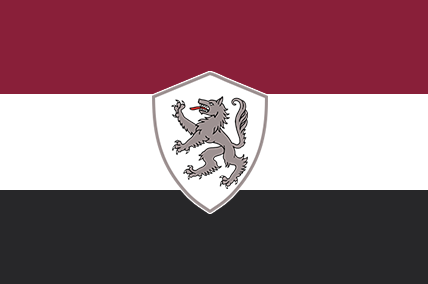
![]() by Grussland » Fri Aug 13, 2021 9:46 pm
by Grussland » Fri Aug 13, 2021 9:46 pm
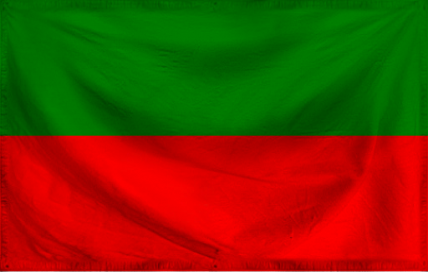
![]() by The Imagination Animals » Sat Aug 14, 2021 5:43 am
by The Imagination Animals » Sat Aug 14, 2021 5:43 am
-----------
-----------
NEWS :: Rostam Hinzarty, member of the Crossoverian Law House, is let out of Esteqlal Hospital having been permanently changed into an anthro wild dog | Boris Anderson announces his run for President of Crossoveria with the Zola Party

![]() by South Forpia » Sun Oct 31, 2021 3:26 am
by South Forpia » Sun Oct 31, 2021 3:26 am

![]() by Hanovereich » Sun Oct 31, 2021 3:52 am
by Hanovereich » Sun Oct 31, 2021 3:52 am

![]() by Federal League of the Pampas » Sun Oct 31, 2021 9:28 am
by Federal League of the Pampas » Sun Oct 31, 2021 9:28 am

![]() by Imperialiss » Sun Oct 31, 2021 11:49 am
by Imperialiss » Sun Oct 31, 2021 11:49 am
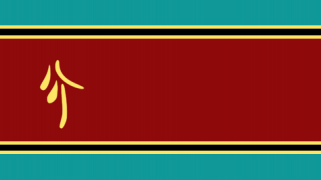
![]() by Safiloa » Sun Oct 31, 2021 12:55 pm
by Safiloa » Sun Oct 31, 2021 12:55 pm
Diplomatic Mission Kambanu Island Tourism Authority Map Factbook ❊THE ABODE OF LOVE, THE UNITED COMMUNAL-REPUBLICS OF SAFILOA❊/❊DUŠIĦON, HENISAÏATA KULASAÑOS'EÏA SAFILOA❊ Population: 4.28 million GDP per Capita: NSD 4.256,- Land Size: 62.732 KM2
All stats & policies are canonical unless contradicted by the factbook, e.g. population
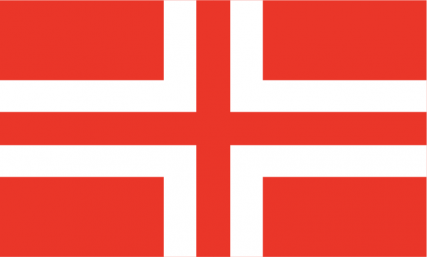
![]() by Great Nortend » Mon Nov 01, 2021 8:01 am
by Great Nortend » Mon Nov 01, 2021 8:01 am

![]() by Andronya » Mon Nov 01, 2021 8:14 am
by Andronya » Mon Nov 01, 2021 8:14 am

![]() by Tangatarehua » Mon Nov 01, 2021 8:36 pm
by Tangatarehua » Mon Nov 01, 2021 8:36 pm
18 March 2024
News: Popular author Ariki Rawhiti Rakau dies aged 58 | Conservative MP says children should be banned from purchasing alcohol | Unemployment rises while interest rates continue to climb | Weather: Tamaki ☁ 24°C | Whakaara ☀ 16°C | Wharekorana ☀ 17°C | Kaiika ☁ϟ☁ 28°C | Kotiropai ☂⛆ 21°C | Rakipa ☀ 27°C | Kaitohura ☀ 18°C

![]() by Hamidiye » Tue Nov 02, 2021 3:56 am
by Hamidiye » Tue Nov 02, 2021 3:56 am

![]() by Zohiania » Tue Nov 02, 2021 6:55 pm
by Zohiania » Tue Nov 02, 2021 6:55 pm
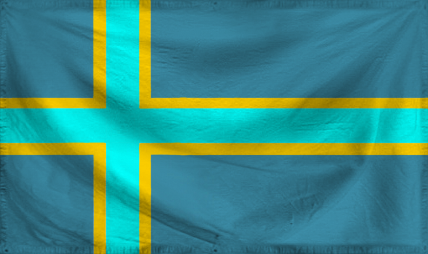
![]() by Indian Empire » Wed Nov 03, 2021 12:07 am
by Indian Empire » Wed Nov 03, 2021 12:07 am

![]() by Oronia » Sat Aug 19, 2023 8:46 pm
by Oronia » Sat Aug 19, 2023 8:46 pm

![]() by Cessarea » Sun Aug 20, 2023 4:07 pm
by Cessarea » Sun Aug 20, 2023 4:07 pm

![]() by Machina Haruspex » Wed Aug 30, 2023 3:35 am
by Machina Haruspex » Wed Aug 30, 2023 3:35 am
Advertisement
Return to Factbooks and National Information
Users browsing this forum: No registered users
Advertisement